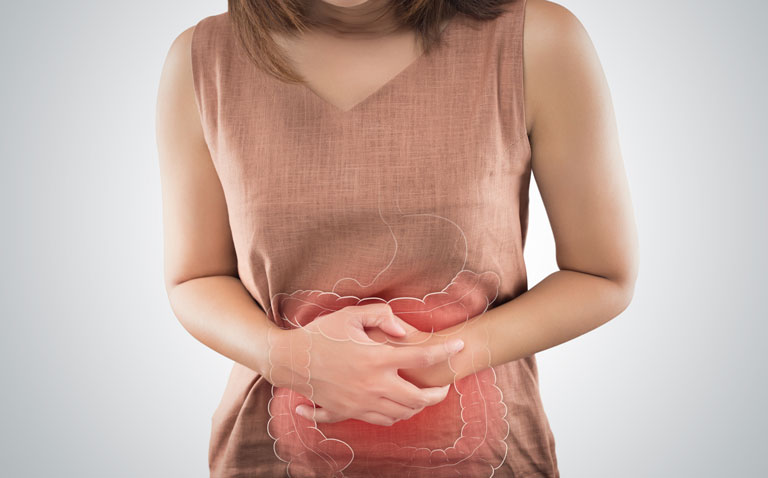Updated UK guidance indicates that probiotics could be effective for global symptoms and abdominal pain in irritable bowel syndrome.
The British Society of Gastroenterology (BSG) has revised its 2007 guidelines on the management of irritable bowel syndrome (IBS). The latest guidance covers all aspects of the condition ranging from initial assessment and management through to secondary care referral and any subsequent investigations that should be undertaken within that setting. The guideline makes reference to the revised diagnostic Rome IV criteria produced in 2016 and notes that while the criteria are an improvement on the earlier Rome III, the revision is perhaps more restrictive and calls into question whether these latest changes can be used to diagnose irritable bowel syndrome. The BSG therefore suggests that a more pragmatic definition of the condition is provided by NICE which states that the diagnosis should be considered only if the person has abdominal pain or discomfort that is either relieved by defecation or associated with altered bowel frequency or stool form. Furthermore, the BSG guidance recommends that all patients with IBS symptoms should have a full blood count, C-reactive protein or erythrocyte sedimentation rate, coeliac serology and that clinicians should discuss the underlying diagnosis, its causes and natural history to the patients. The guidance, while accepting a limited evidence-base, advises that all patients should take regular exercise and that soluble fibre is an effective treatment for global symptoms and abdominal pain. In contrast, it recommends against the use of insoluble fibre (e.g., wheat bran) as this might exacerbate symptoms.
Medical treatments endorsed for irritable bowel syndrome include loperamide, especially where IBS is associated with diarrhoea, antispasmodics and peppermint oil and polyethylene glycol for associated constipation. Where there is uncertainty over the diagnosis or if symptoms are refractory, a referral should be made to secondary care. Several second-line therapies including tricyclic antidepressants, selective serotonin re-uptake inhibitors, linaclotide, lubiprostone and plecanatide. There is also a discussion of new and emerging treatments together with a recognition of the value of cognitive behavioural therapy, gut-directed hypnotherapy and general psychological therapies.
Probiotics
One area new to the guideline is the acknowledgement of a potential pathological role of an altered microbiome and which has led to interest in the use of probiotics as a potential treatment for IBS. For the guideline, the authors updated a 2018 meta-analysis on the efficacy of probiotics and found that compared to placebo, a combination of probiotics, had a significant effect on global symptoms or abdominal pain (relative risk, RR = 0.79, 95% CI 0.70–0.89). This effect was also significant for individual species including lactobacillus, Bifidobacterium and Escherichia. Based on these data, the guidance recommended that patients wishing to use probiotics should take them for up to 3 months to assess the potential benefit.
The guideline concludes that irritable bowel syndrome is a multifactorial disorder that requires a positive diagnosis and the implementation of both non- and pharmacological therapy to improve symptoms and quality of life.
Citation
Vasant DH et al. British Society of Gastroenterology guidelines on the management of irritable bowel syndrome. BMJ 2021










